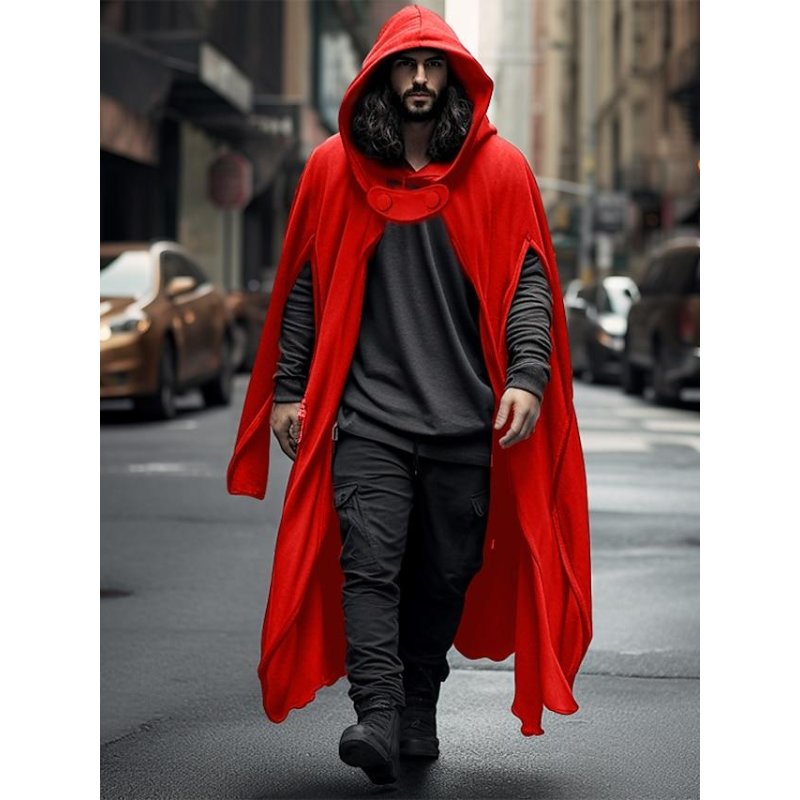Tag: Fashion, Apparel, Textile
The clothing industry has been an integral part of human civilization since the early days. From primitive coverings made of animal skin to modern-day fashion trends, clothing has evolved significantly over time. Today, it is not only a basic necessity but also a reflection of one’s personality and social status.
Over the years, the concept of clothing has undergone several transformations. In ancient civilizations like Egypt and Mesopotamia, people used simple fabrics to cover their bodies for protection from weather conditions. With the advancement in textile production techniques and trade routes, fabrics such as silk and cotton became popular among affluent societies in China and India.
During the Renaissance era in Europe, clothing became more intricate with elaborate designs and expensive materials like velvet and lace being introduced. It was during this period that fashion started to become a statement of wealth and power. The Industrial Revolution marked a significant shift in the clothing industry with mass production leading to affordable prices for commoners.
In recent times, globalized markets have transformed the apparel industry into a multi-billion dollar business. Fast-fashion brands offering trendy clothes at low prices have gained massive popularity worldwide. However, this rapid turnover comes at a cost – exploitation of laborers in developing countries and environmental degradation due to excessive production waste.
The impact of fast-fashion can also be seen on modern society where consumerism has become rampant. People are constantly bombarded with advertisements promoting new trends every season which leads them to buy more than what they need causing financial strain as well as contributing to landfills.
To counter these issues, sustainable fashion movements have emerged advocating for ethical practices in manufacturing clothes using eco-friendly materials. Many luxury brands have also started incorporating sustainability into their business models by creating timeless pieces rather than following fleeting trends.
In conclusion, while we cannot deny that there have been positive developments in terms of accessibility and variety in the clothing industry, it is essential to be mindful of its impact on society and the environment. As consumers, we hold the power to drive change by making conscious choices and supporting ethical brands. After all, fashion should not only make us look good but also do good for the world around us.
